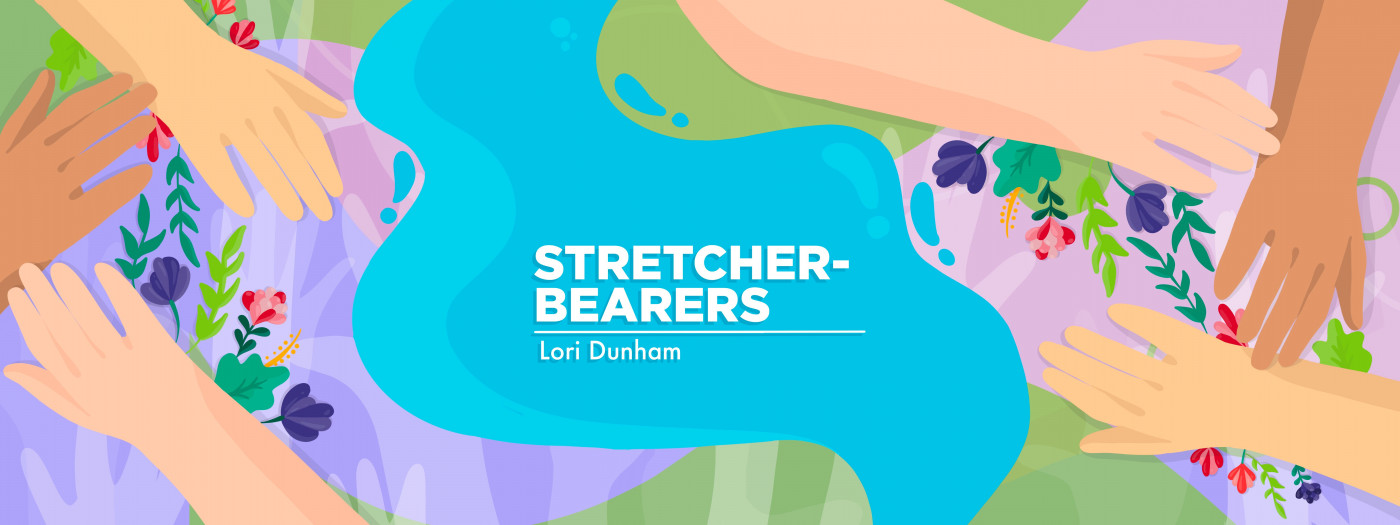Hurtful comments triggered ‘mom guilt’ I didn’t deserve
The experience made me more sensitive in interactions with others
Written by |

I have a friend who lost her 16-year-old son this summer in a swimming accident. I’m heartbroken for her family. My own family grieves their loss, and my 16-year-old daughter misses him terribly.
Yet I occasionally catch myself saying something to her that may appear insensitive. I once asked her how she was doing without having the time to listen to the answer. Thankfully, I stopped myself from continuing to walk as she spoke. Instead, I gave her my full attention and let her pour out her heart. The last thing I want to do is add to her pain.
That experience brought back memories of when our daughter Grace was going through the diagnosis process for Lambert-Eaton myasthenic syndrome (LEMS). Often, when attempting to comfort me, people offered advice that to me felt harsh and judgmental.
Ultimately, I felt like these comments laid the blame of my daughter’s illness at my feet. As a result, I struggled to process the guilt.
Worries and questions from well-intentioned advice
I believe that those who told me hurtful things didn’t do so intentionally. Still, some of those statements made me question every decision I made for my family. I began an arduous journey of examining our entire lifestyle and choices. Was the food I was feeding my family responsible for my daughter’s illness? If I’d found a way to breastfeed Grace, who was adopted, would she still have LEMS? Whatever the intentions of those people’s statements, they hurt me.
Over time, I’ve worked through the process of letting go of this pain. I know that, in addition to those who thought they were helping, others simply didn’t know what to say, so they fumbled through a conversation with something inappropriate.
I’ve also learned that advice is overrated in these situations. Often, there are no words to make someone feel better. Sometimes, it’s best to stay quiet and just be physically present with them, and above all, listen.
Through these experiences, I’ve learned to forgive well and often. I no longer accept guilt that doesn’t belong to me. And I’m most grateful that what I’ve been through has made me sensitive to those going through trauma. I weigh my words carefully, not wanting to add to their hurt.
I’m a better friend and encourager because I’ve processed my reactions to hurtful comments. I can’t think of a better way to redeem a situation than for something good to come from pain.
Note: Lambert-Eaton News is strictly a news and information website about the disease. It does not provide medical advice, diagnosis, or treatment. This content is not intended to be a substitute for professional medical advice, diagnosis, or treatment. Always seek the advice of your physician or other qualified health provider with any questions you may have regarding a medical condition. Never disregard professional medical advice or delay in seeking it because of something you have read on this website. The opinions expressed in this column are not those of Lambert-Eaton News or its parent company, Bionews, and are intended to spark discussion about issues pertaining to Lambert-Eaton myasthenia syndrome.






Leave a comment
Fill in the required fields to post. Your email address will not be published.